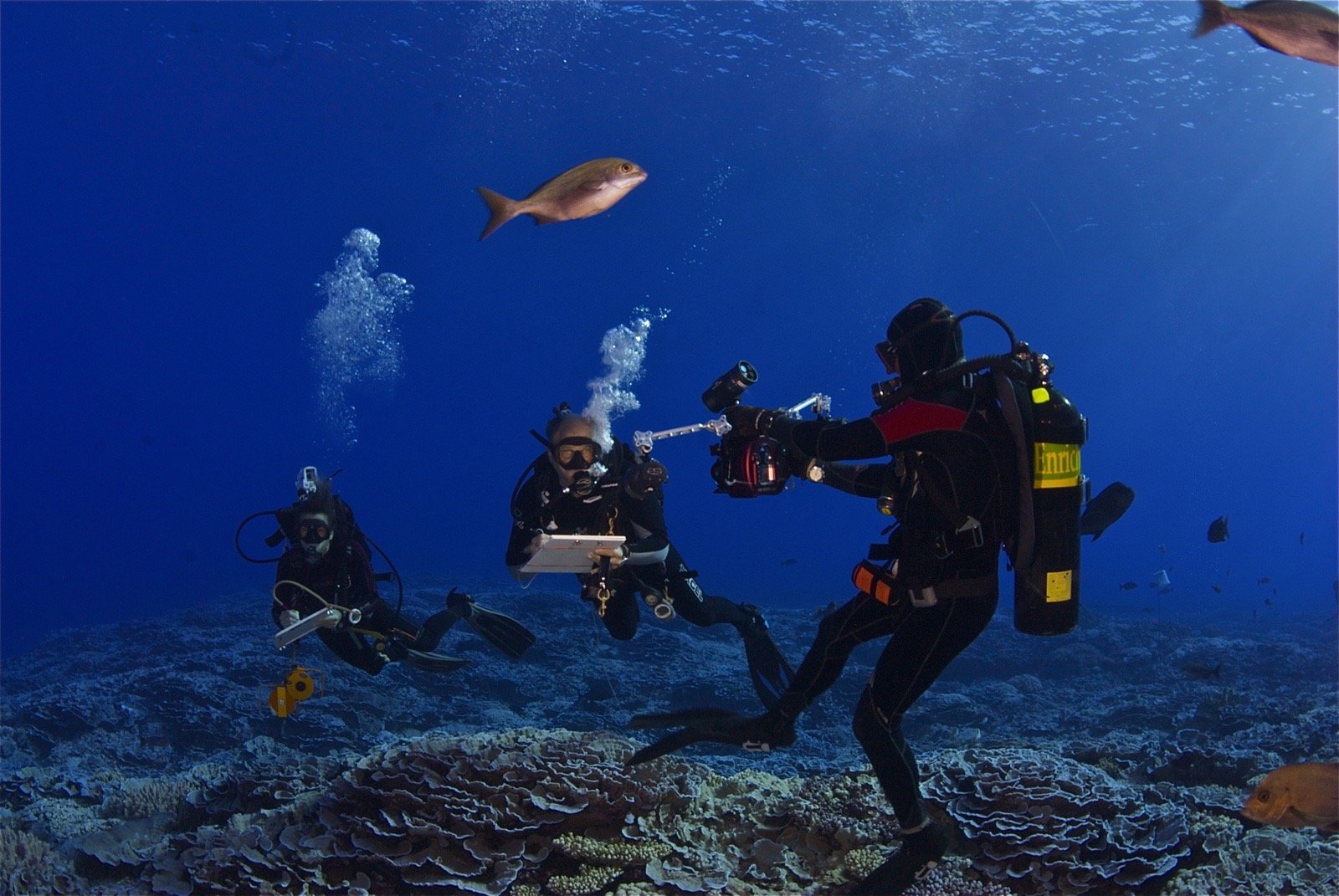
THE PITCAIRN ISLANDS MARINE SCIENCE BASE
This page is dedicated to providing those wishing to use the Pitcairn Island Marine Science Base with necessary booking information.
The Pitcairn Islands Marine Science Base opened in February 2024 and applications are welcome from the international science community. Use of the facility and operational guides are available below.
Spanning an area of 842,000 Kms2, the Pitcairn Islands MPA is a platinum level Blue Park Award winner for exceptional marine wildlife conservation and is one of the last remaining fully intact marine ecosystems left globally. The Pitcairn Islands are unique in their position between the tropics and subtropics and distance from any large land mass. This leads to exceptional water clarity and a low level of human activity across its entire history. The Pitcairn Islands have some of the highest diversity of reef fish of any subtropical sites recorded.
Improving the knowledge of marine biodiversity across the MPA, the health of the marine environment and understanding the impact of climate change are key objectives for the Pitcairn Islands Government. More information on environmental management in the Pitcairn Islands can be found on the Environment Page.
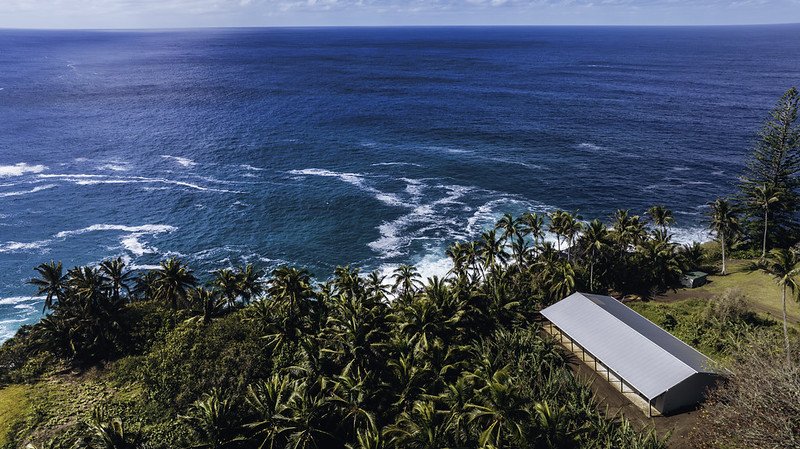
The Marine Base
The science base is fully equipped with four bedrooms, a laboratory, a conference room, kitchen, a living area and with access to high-speed internet.
Boating, diving and transportation services are available from the Pitcairn community, for further information please see the contact Details listed below.
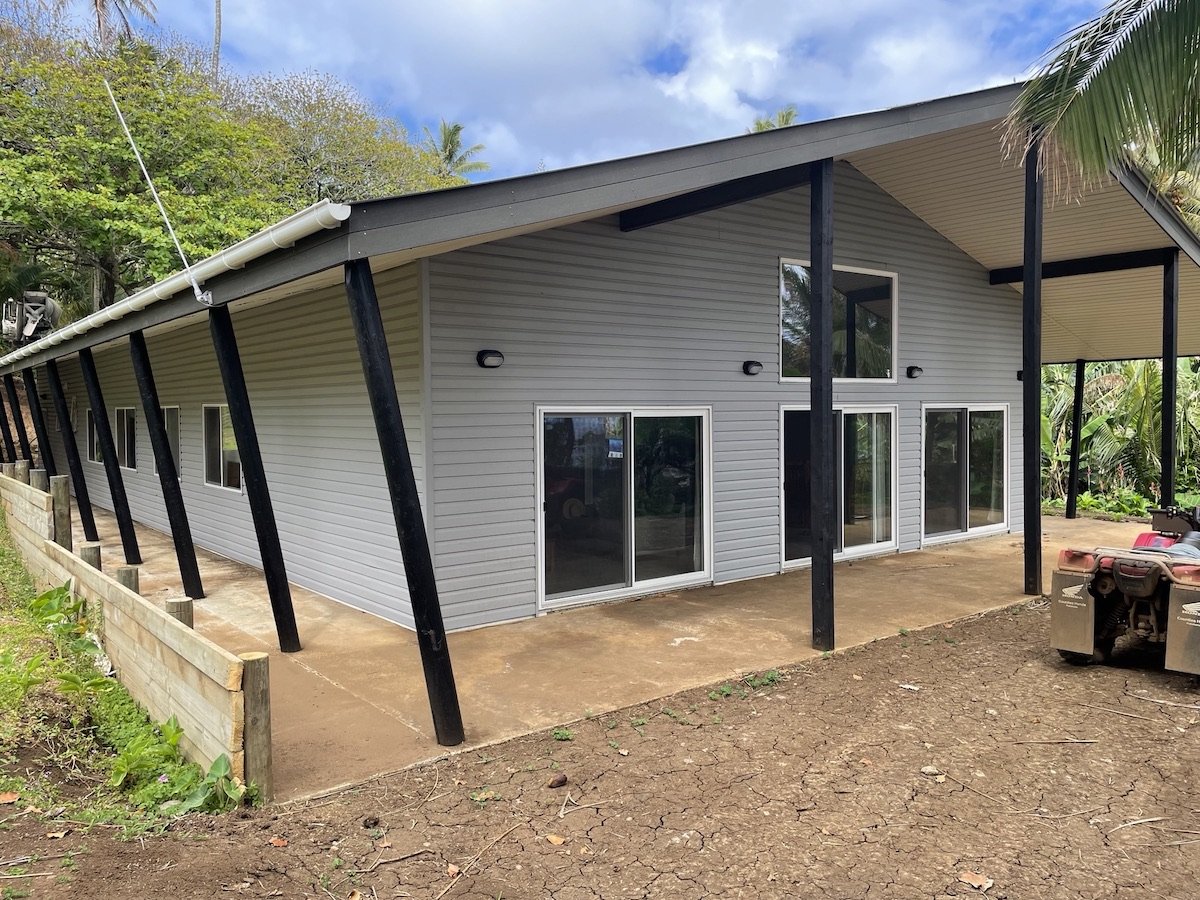
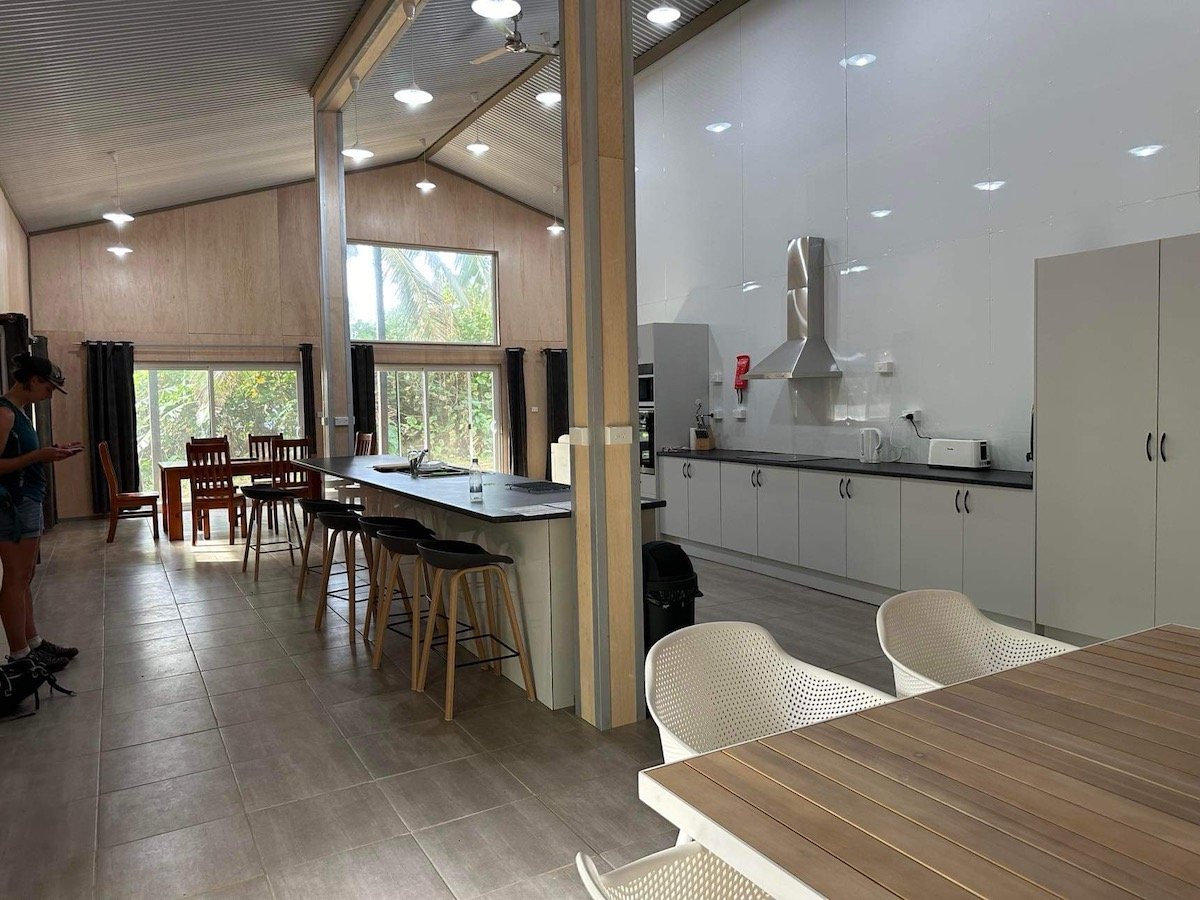
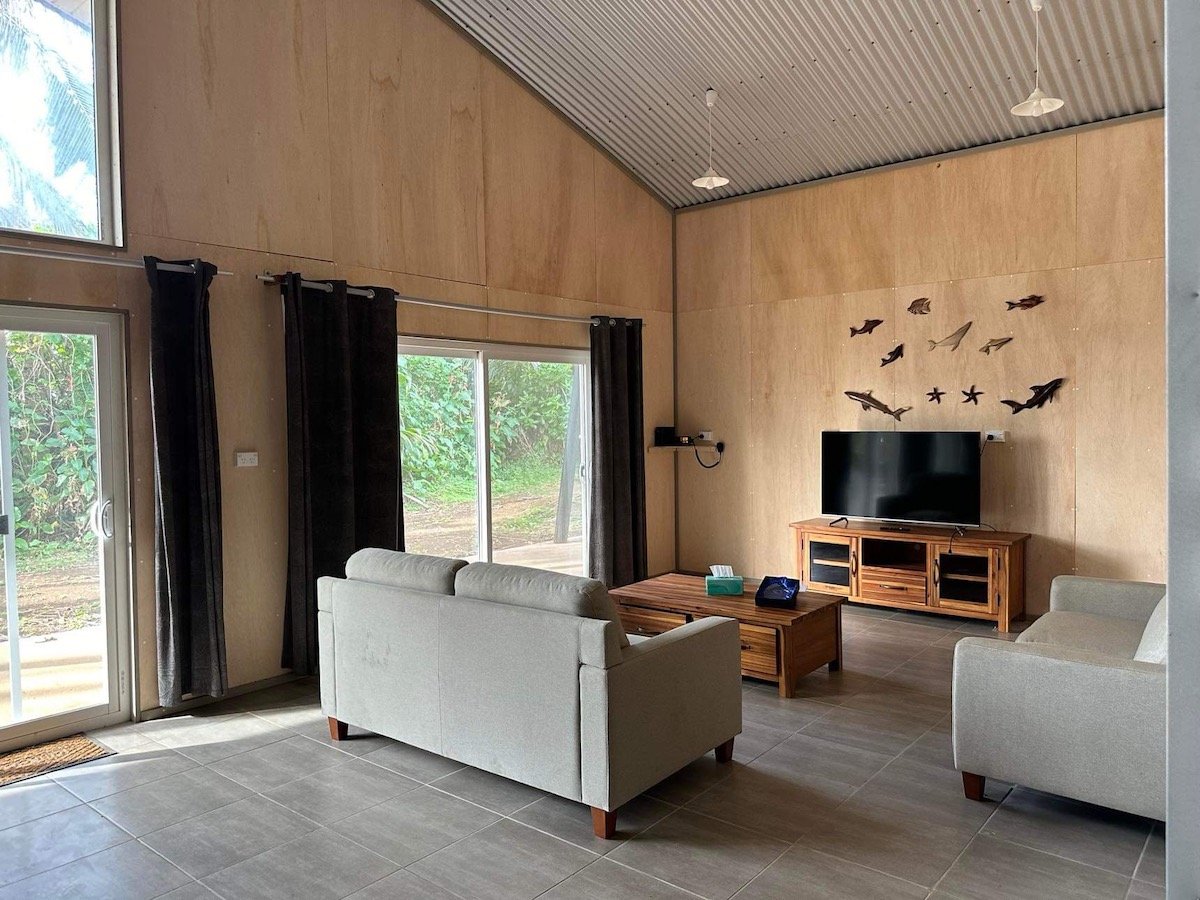
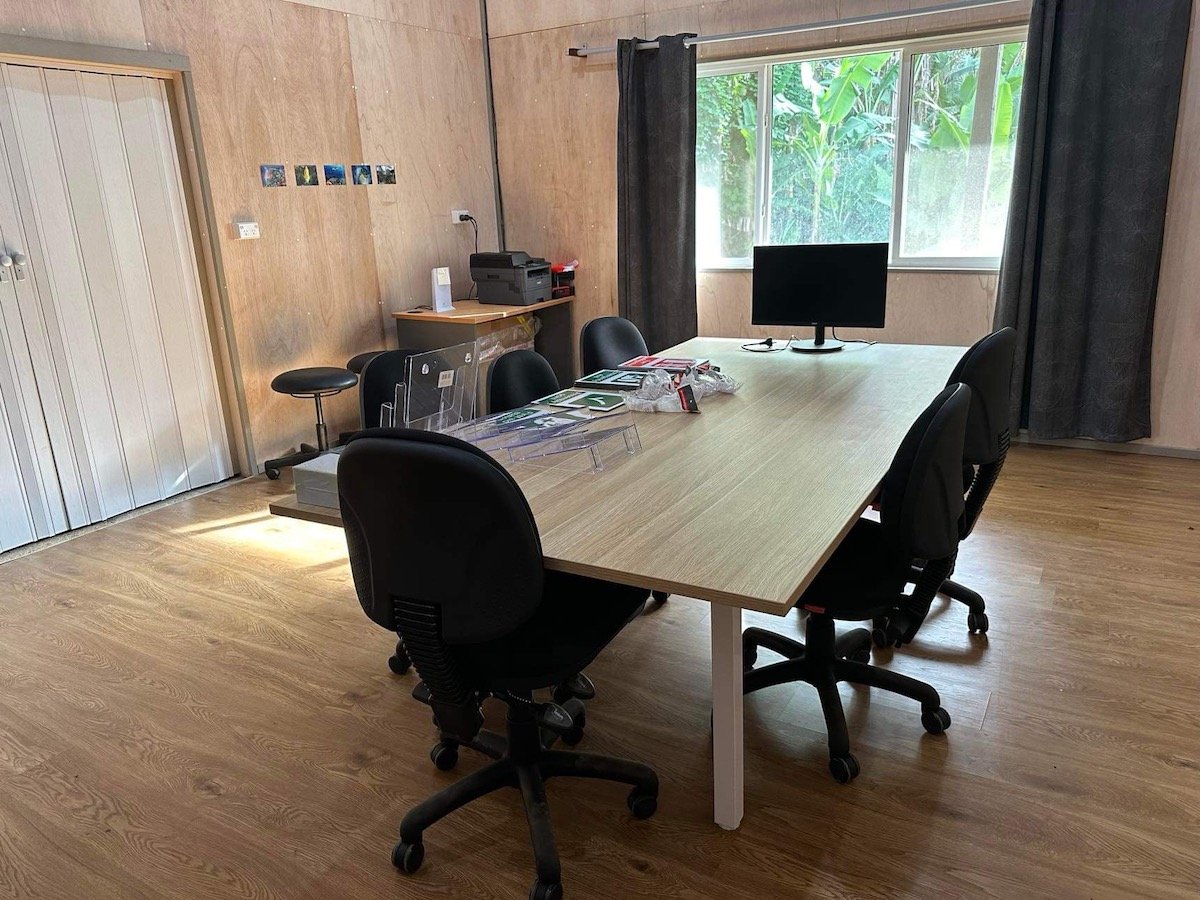
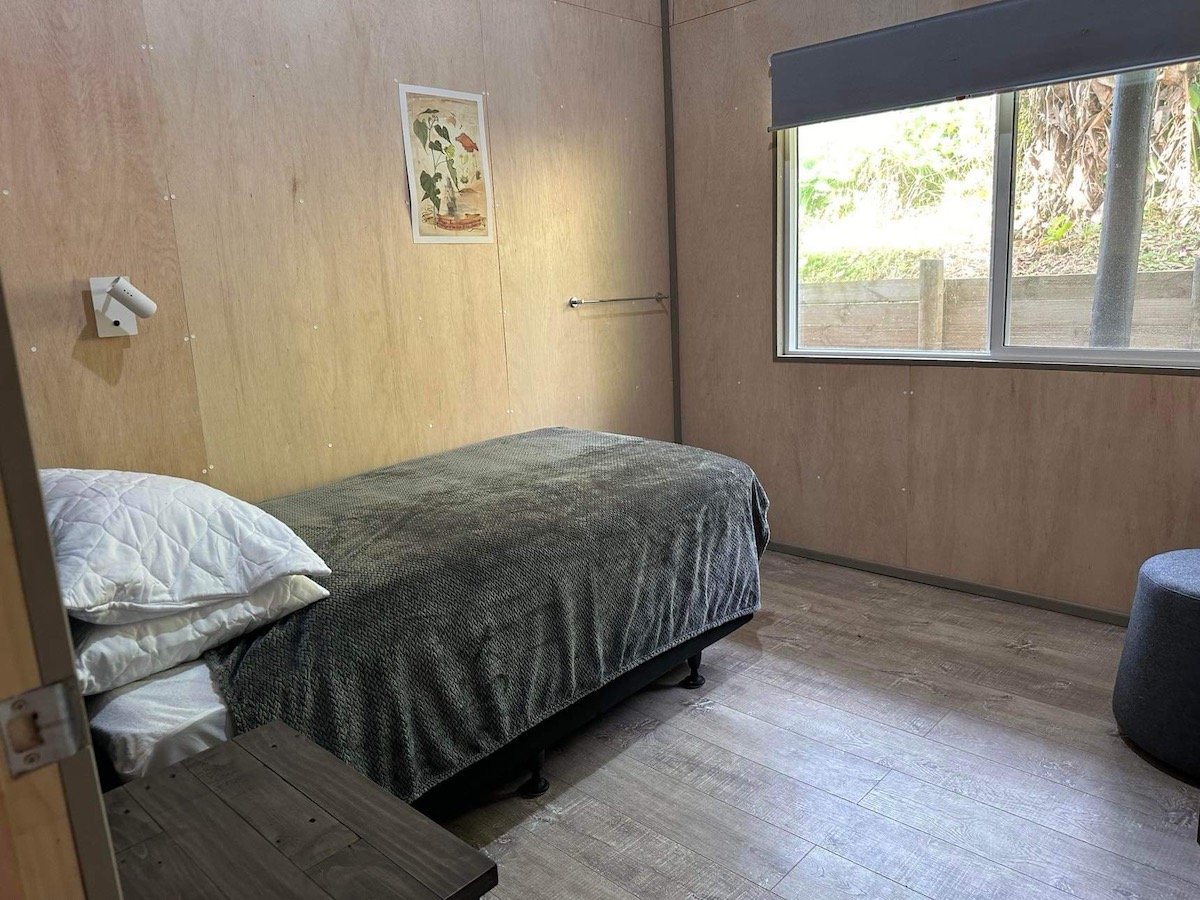
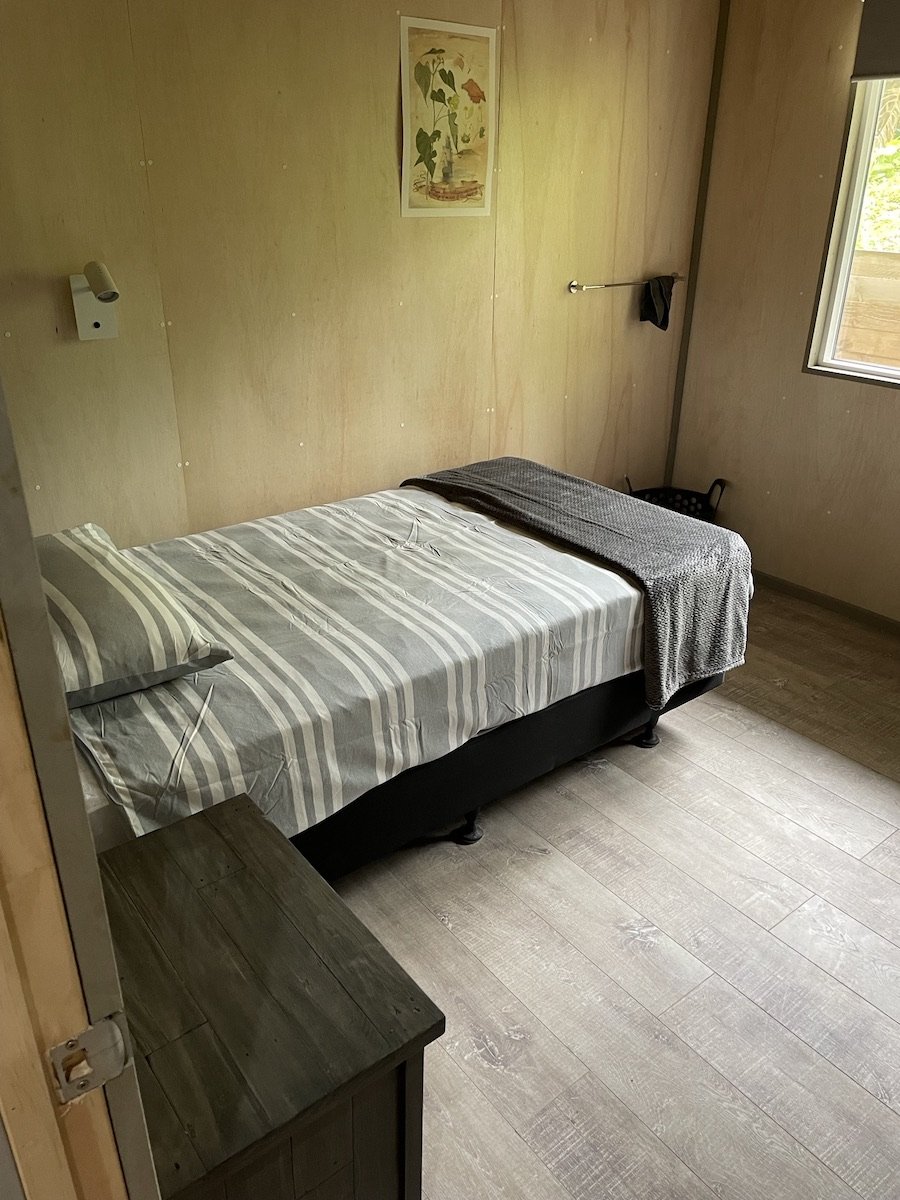
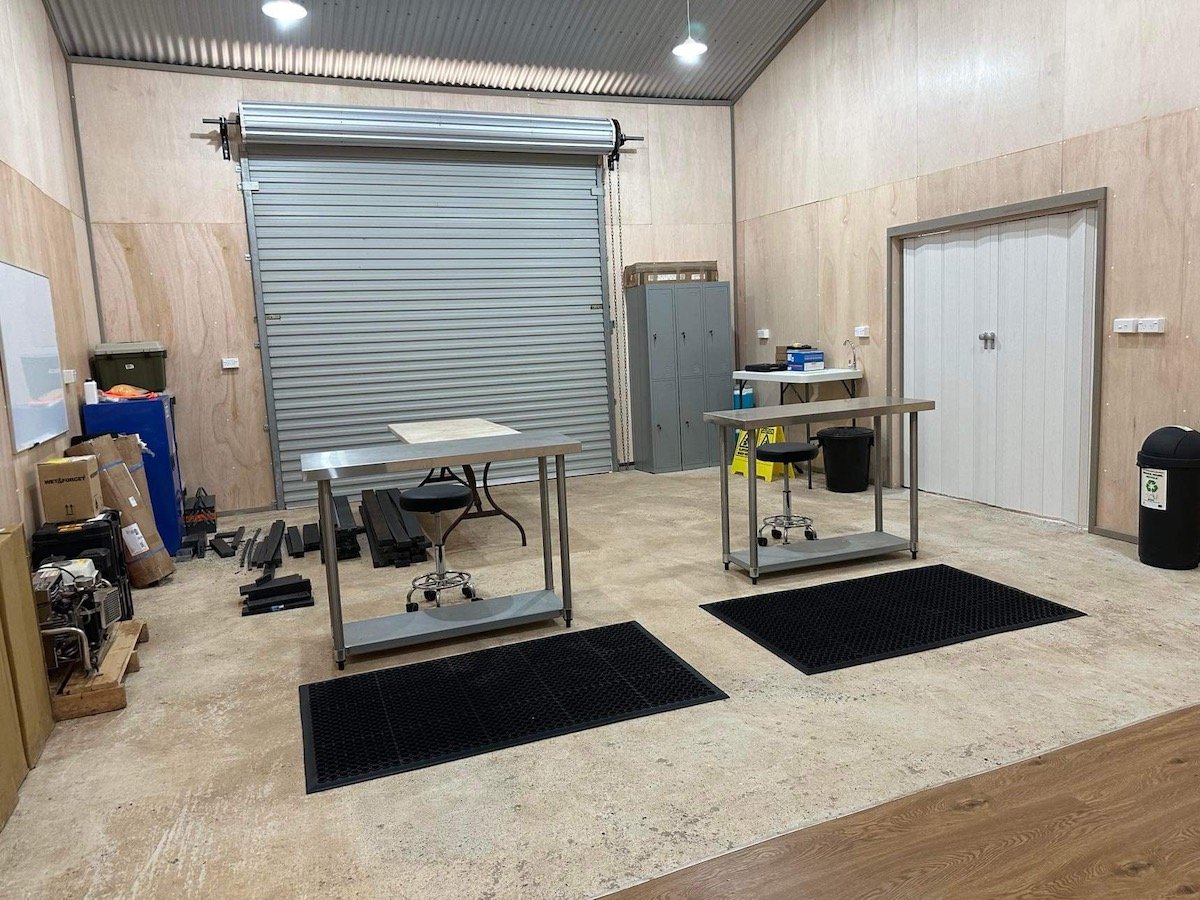
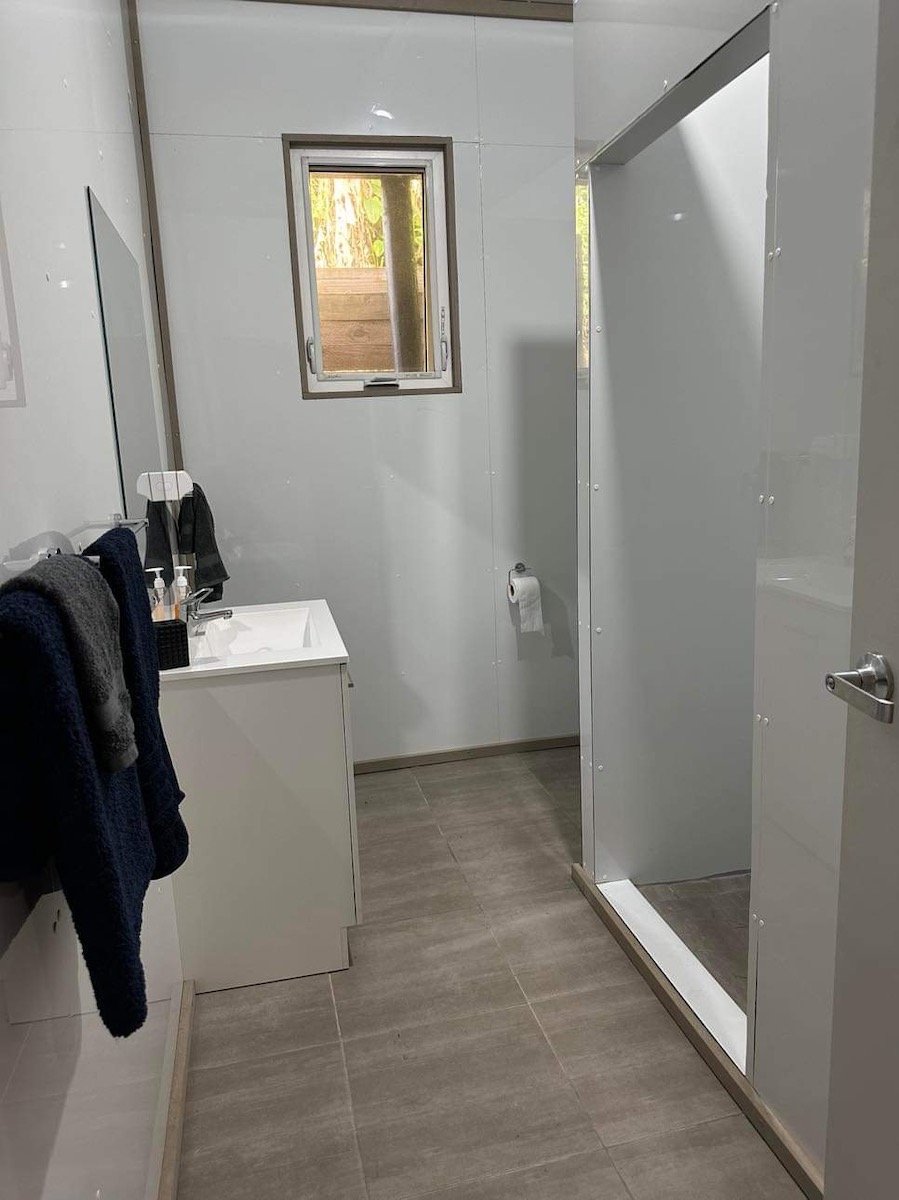
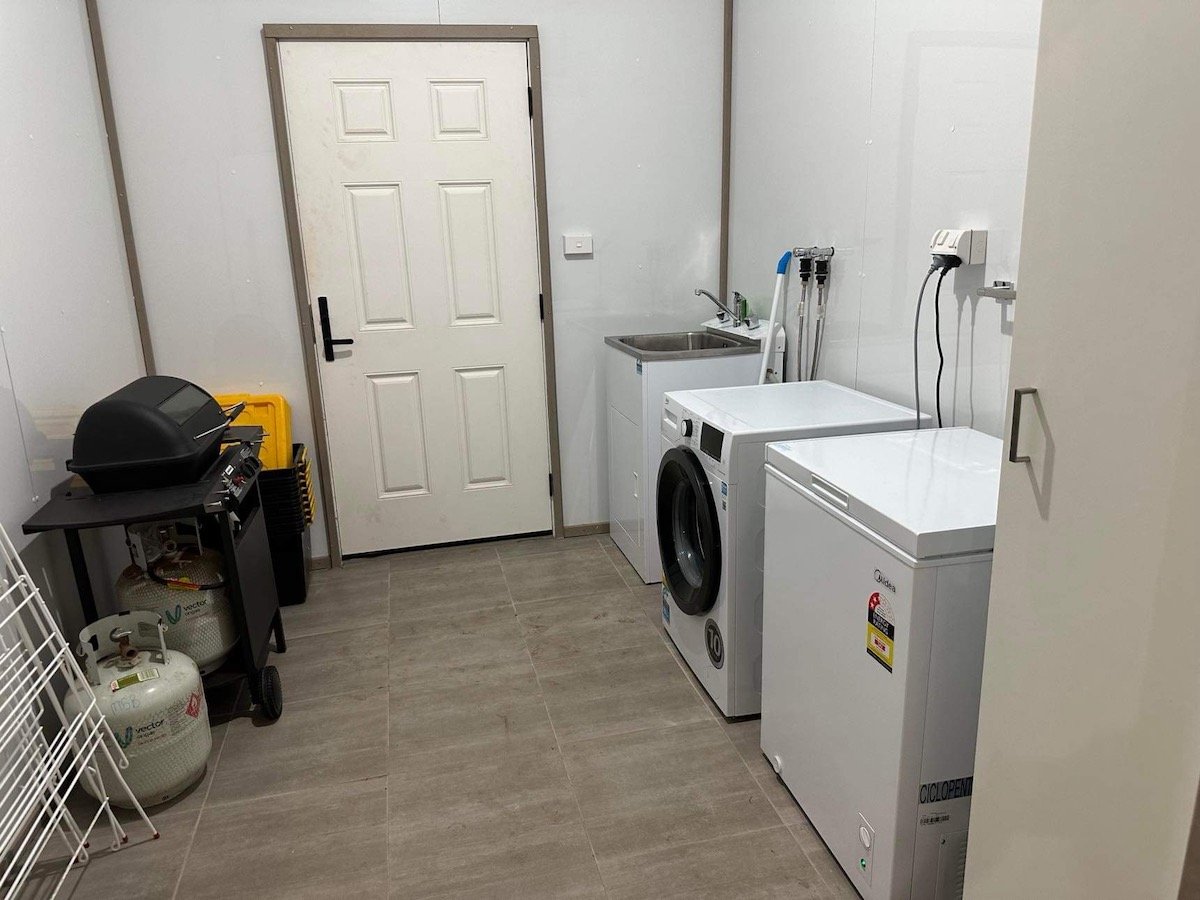
Documents
-
Annex 1
User Agreement
-
Annex 2
Research Application
-
Annex 3
Review Criteria
-
Annex 4
Equipment
-
Fees
Costs for using the MSB
-
Legal Framework
Description goes here -
MSB Research Application
Description goes here -
Sample Handling
& Preparation
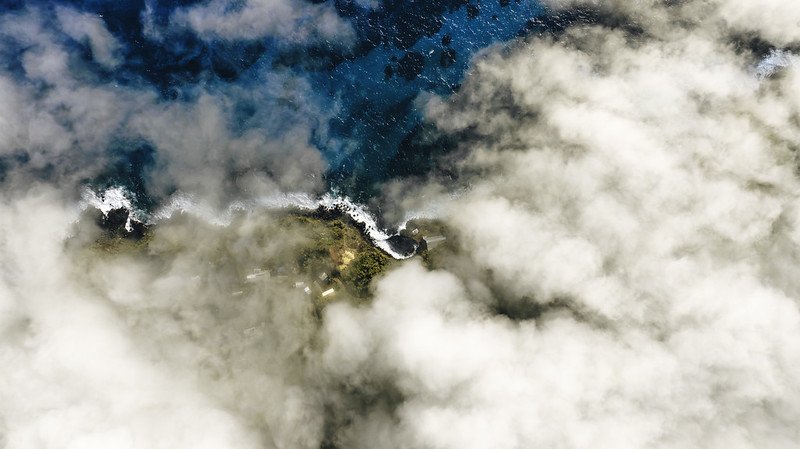
Health & Safety
The UK Health and Safety Executive (HSE) will typically provide the appropriate regulatory framework for addressing issues of health and safety at the MSB. Additional considerations and specific regulations are discussed in more detail below. Pitcairn is very remote, and the nearest hospital able to handle a serious medical emergency is days if not weeks away. Researchers should plan accordingly.
Health and Safety Plan
As part of your application to use the MSB researchers are required to provide a comprehensive Health and Safety Plan.
Responsibilities
Visiting researchers are primarily responsible for the health and safety of their personnel and must supply a comprehensive health and safety plan which addresses all potential risks and identifies the controls being taken. This plan must include detailed risk assessments for all of the activities they intend to undertake whilst using the MSB.
Visiting researchers must also abide by the health and safety measures in place at the MSB.
All visitors to Pitcairn must have fully comprehensive medical insurance and must bring a sufficient supply of any medication they are taking for the duration of their stay.
Laboratory and field safety
The researcher is responsible for the health and safety of their personnel whilst working in the field and the MSB laboratory. Depending upon the tasks to be undertaken, their health and safety plan may need to address the following issues:
Chemical safety
Follow appropriate COSHH regulations for the purchasing, storage, handling, and disposal of hazardous materials at the MSB. Ensure personnel are appropriately trained.
Radiological safety
Refer to the HSE’s Ionising Radiation Regulations 2017 (IRRR17) for all work with ionising radiation. The Control of Artificial Optical Radiation at Work Regulations 2010 covers the hazards associated with artificial optical radiation (AOR), such as UV sources and lasers.
Procedures for training, use, and disposal of radiological materials should be considered, in line with the above regulations.
Use of equipment
Follow appropriate PUWER regulations for the use of work equipment. Ensure personnel are appropriately trained.
Use of Unmanned Aerial Vehicles (AUV’s/Drones)
The use of AUV’s/drones must be agreed in advance as part of the application process. Depending on where the drone is to be used, it may require a permit. Appropriate risk assessments, addressing the potential risks to people, livestock, wildlife and property, need to be provided as part of the researcher’s health and safety plan.
Use of submersible Remotely Operated Vehicles (ROVs)
Refer to the HSE regulations related to offshore and underwater operations, as well as legislation for the protection of wildlife and the environment. All use of ROVs must be agreed in advance as part of the application process. ROV use will likely require a permit.
Use of vessels
The MPA does not provide the use of vessels. Researchers using their own vessels must liaise with the Pitcairn Island Mayor (Harbour Master) to determine suitable locations for anchorage within the MPA.
Researchers who wish to use other vessels for their research will need to make arrangements with members of the Pitcairn Island community. Contact details will be available at the MSB. It is the responsibility of the researcher to ensure that all necessary safety measures are in place for such operations.
Waste management
Researchers must handle and dispose of waste materials generated during fieldwork or laboratory operations consistently with COSHH regulations.
It is likely that in most cases, researchers will be required to remove generated waste from the Island themselves for appropriate and responsible disposal. This requirement will be communicated with researchers and discussed well in advance of any operations, to ensure that appropriate provisions can be made. Pitcairn has no facilities for disposal of hazardous waste.

Ethics & Welfare
It is the responsibility of the researcher to ensure that the proposed research is compliant with legal and regulatory requirements and consistent with ethical standards. Where institutional ethical approvals are required, they must be supplied as part of the application. In assessing the application, regard will be had to ensuring ethical conduct and protecting the welfare of the environment and Pitcairn community.
Bodies and standards for ethics
In addition to the Ordinances, Regulations and Acts outlined in section 1, the following are relevant in assessing ethical conduct in the research activities conducted at Pitcairn:
The UK Research and Innovation (UKRI) is the non-departmental public body that directs research funding in the UK and provides a code of practice for researchers.
The Animal Welfare Act (2006) is the principal law relating to animal welfare and protects all vertebrate animals.
The Animal Welfare (Sentience) Act (2022) governs the welfare of animals, including some invertebrates (cephalopods and decapods), as sentient beings.
The International Union for Conservation of Nature (IUCN) provides guidelines for best practices in ethical research and conservation involving the natural world.
The Nagoya Protocol.
Animal welfare
Animal welfare is the responsibility of researchers, not the MSB. Laboratory or fieldwork involving the use of animals, including invertebrates, must be compliant with the appropriate regulations. Ethical approval may be required in some cases, and therefore sought in advance of any operations.
Environmental responsibility
Visitors and MSB staff should endeavour to minimise any detrimental effects of operations at the MSB on the Pitcairn environment. Guests staying at the MSB will be informed or reminded that certain resources may be more limited or restricted on Pitcairn Island, and that they may be required to be sparing with electricity, water, or other essentials. This not only serves to reduce the pressure of operations on the community infrastructure but helps to minimise the environmental impact of the visitors’ stay.
Respect for local and cultural knowledge
Visiting researchers should respect and acknowledge local knowledge and traditions and be capable of engaging with MSB personnel and other Pitcairn Islanders in the spirit of mutual co-operation. It may be necessary to acknowledge, or seek permission, to obtain and/or use certain local knowledge provided by members of the Pitcairn Island community. A framework for doing so should be agreed upon.
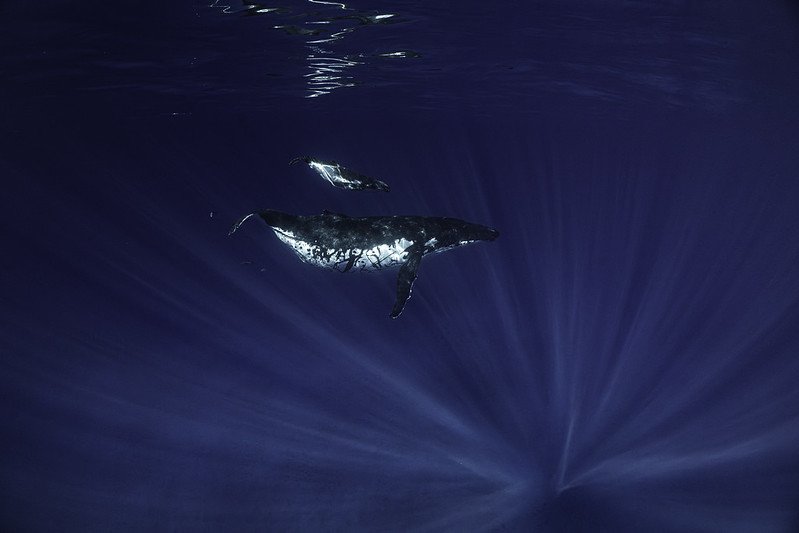
Relevant multilateral environmental agreements and conventions ratified by the UK on the behalf of the Pitcairn Islands
The International Convention for the Regulation of Whaling.
Convention on the Prevention of Marine Pollution by Dumping of Wastes and Other Matter (London Convention).
United Nations Convention on the Law of the Sea.
Convention of Wetlands of International Importance especially as Waterfowl Habitat (Ramsar Convention).
Convention on International Trade in Endangered Species of Wild Fauna and Flora (CITES).
Convention Concerning the Protection of the World Cultural and Natural Heritage.
Convention on the Conservation of Migratory Species of Wild Animals.
The Convention on Biology Diversity (CBD) has been ratified by the UK [but has not yet been extended to the Pitcairn Island?].
Ratification of a number of International Maritime Organization (IMO) Conventions has been extended to the Pitcairn Islands including the International Convention relating to Intervention on the High Seas in cases of Oil Pollution Casualties 1969, the Convention on the International Regulations for Preventing Collisions at Sea 1972 and the Convention on Limitation of Liability for Maritime Claims 1976. The Merchant Shipping (Oil Pollution) (Pitcairn) Order 1997 extends sections 152 to 170 and 172 to 181 of, and Schedule 5 to, the Merchant Shipping Act 1995 to the Pitcairn Islands. It implements the International Convention on Civil Liability for Oil Pollution Damage 1992 and the International Convention on the Establishment of an International Fund for Compensation for Oil Pollution Damage 1992.
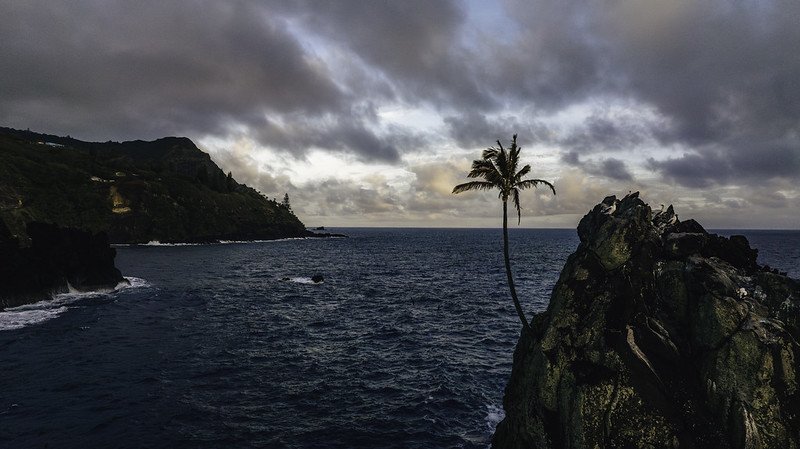
Contact Details
This section provides contact information for key personnel and relevant Pitcairn authorities within, or associated with, the MSB. This ensures communication and coordination in responding to inquiries or emergencies.
